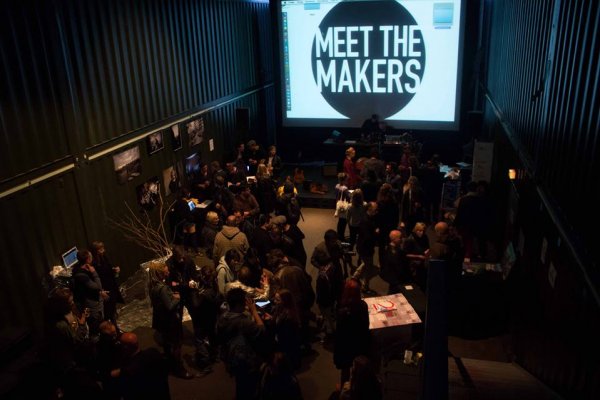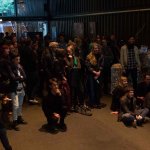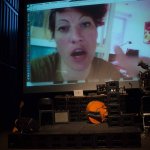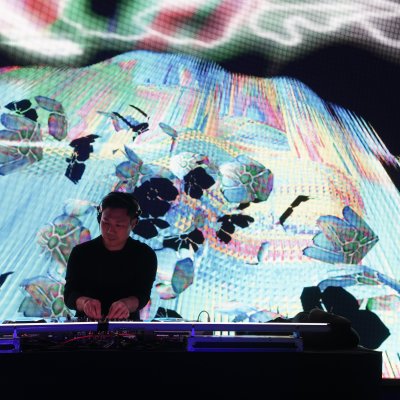PLATOON KUNSTHALLE Berlin teamed up with one of them, the curated online platform wemakeit.net, and brought the ‘out there’ in here at the super-intimate offline event MEET THE MAKERS, that you can read more about here.
you can also read about crowd funding from the artist's point of view by checking out the interview with initiator Just here and Felix Schäfer here.
now we are turning to members from the team behind the wemakeit.net platform itself, Johannes Gees, Rea Eggli and Melina Roshard. get more insight in the concept as audience or useful advise in case you are thinking about kick starting your own ideas:
Q: what makes a project or initiative more eligible than others in your eyes and what gets rejected?
A: the project must be in accordance with our guidelines. if, based on our experience, we think that a project does not have the potential to succeed, we tell the creators. if they still insist, we usually let them do the campaign. besides being in accordance with the guidelines, we make sure that the project owners are 100% behind the project and are ready to fight for it.
Q: artists could just ask their existing fan base directly for support, but what are the benefits for the artists by including wemakeit in the process?
A: wemakeit.net has a user base that grows by the thousands each month. we see more and more "serial backers" who support more than one project over time. this community is extremely valuable and exceeds the community of every single project. a campaign by wemakeit.net is a professional campaign, run on a professional platform. we offer tools that a single-handed campaign (sending out emails with the "support me"-button, for example) cannot offer. unless an artist is planning to raise hundreds of thousands of € and has access to technology and a large fan base, he will most certainly be better off with a wemakeit campaign.
Q: an initial fan base and a good network seem vital to a campaign though. what advise do you have for artists on how to succeed beyond their existing fan base?
A: firstly you should plan your campaign before it goes online, and then activate your friends, family, fans and tell them how important their early support is. afterwards you can ask your fans to talk about your campaign. your early supporters are your best ambassadors. the next step is to post your project to blogs, journalists etc. furthermore, you can always follow the useful tips the wemakeit tool gives you during your campaign. once your project is funded more than 30%, you should contact potential sponsors, as they love to chip-in where there is an audience.
Q: a good sale speech seems very important to a project, especially when the campaign goes offline, like some of them did at PLATOON. could this marketing aspect or lack of such abilities not hurt a project instead in the end? what can you do in this context to help the artists reach their goal?
A: things like a nice presentation and a video with an original idea always helps. but saying "check out my campaign on wemakeit" will not alone do the job, instead by asking directly and without beating around the bush, you will most certainly get good results. and remember that unique rewards make projects all the more attractive.
Q: and finally, what was your experience of the offline event at PLATOON? will going offline become a recurring feature of your platform?
A: we loved the event, because it highlighted the variety of the projects on wemakeit, and it explained in a hands-on way how crowd funding works. we might do similar events in the future, but our business model is basically online. but in order to spread the message, an offline event offers great opportunities - personal presentation, a nice ambience, a shared experience and new contacts.
the mood was definitely just right, the night’s mesmerizing tunes of Graciela Maria and energetic sound of The Gecko still happily haunting our ears today.
oh, and the crowd funder of them all, who unfortunately could not be at the event, Amanda Palmer, still said hi. watch it here.
black and white photo by Thomas von Wittich.
contributed by Martina Antunovic











